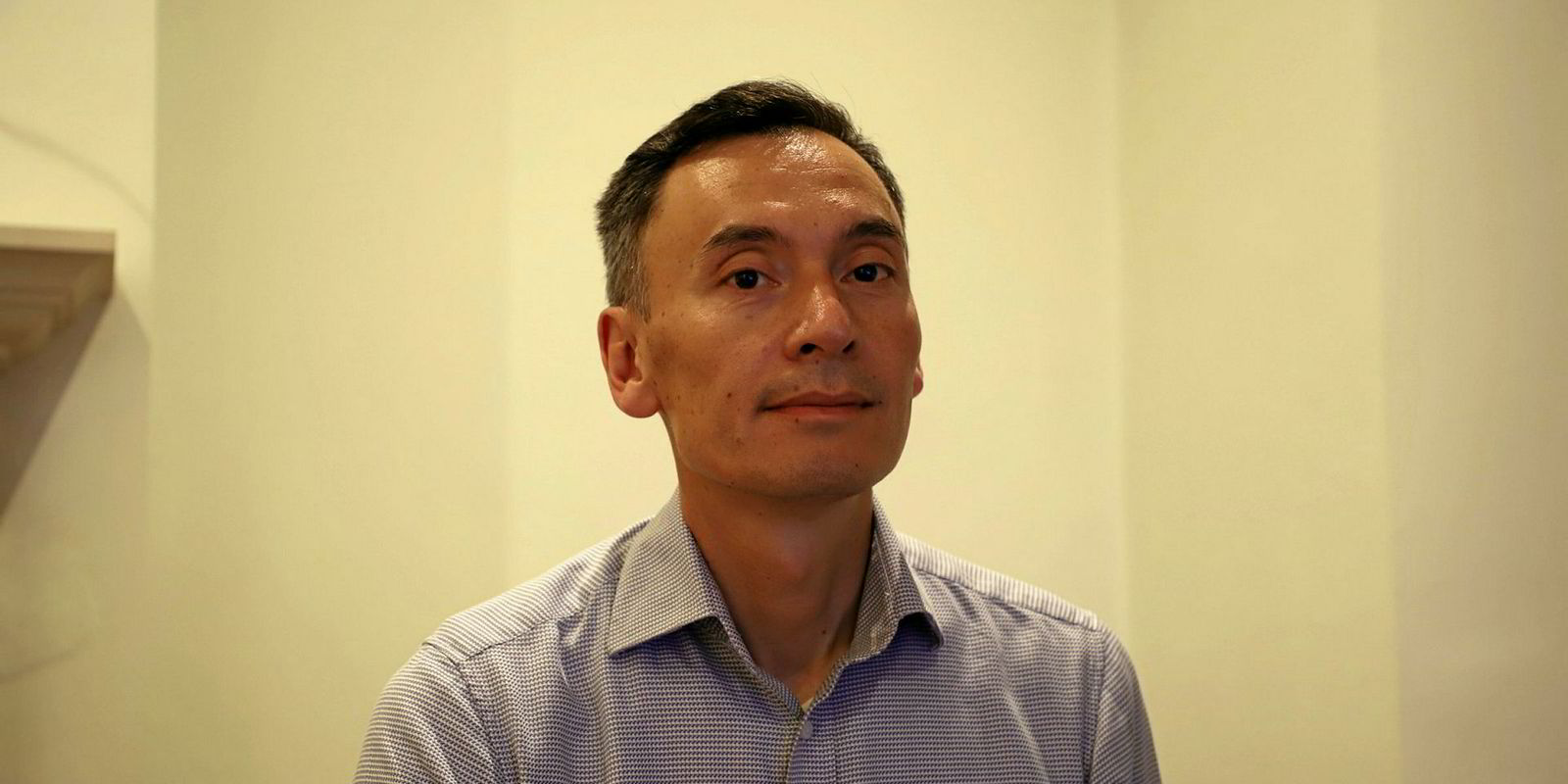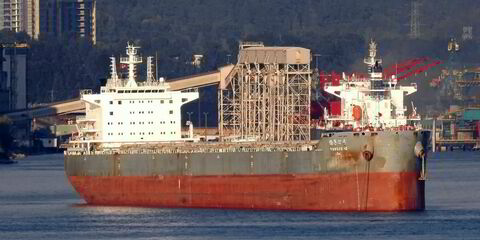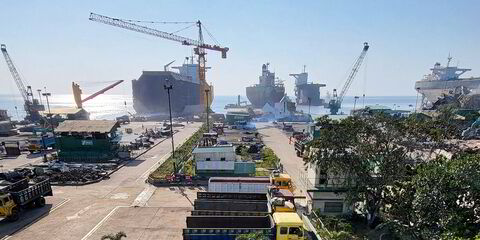Dear Sir, I am writing in reference to your article “Paolo d’Amico acknowledges green gamble as IMO 2020 roulette wheel spins” (which appeared in TradeWinds the week of 12 April).
We believe your writer misquotes the Intertanko chairman — who mentioned the association’s push for the global use of distillates in 2006 — as admitting that it “lobbied hard for a 0.5% global sulphur cap” in 2008.
While this may have served as a convenient hook for the story, one would hope a shipping journalist would know the quite significant difference between MDO [marine diesel oil] and 0.5% LSFO [low-sulphur fuel oil].
The piece then continues to make incorrect assumptions about the reasons why Intertanko suggested a “distillates only” solution for the revision of Marpol Annex VI, insinuating that the idea was based on commercial reasons.
We found this surprising, because fuel oils, albeit residuals, also require transport by tankers, and even if residual fuels had been replaced by distillates, resulting changes would have been to logistics mainly, not volumes.
Intertanko’s suggestion of a “distillates only” solution was an attempt to bring more predictability to IMO regulations on air emissions. Marpol Annex VI was initially adopted in 1997 and took eight years to be finally enforced in 2005. Then, in July 2005, just two months after it came into force, the IMO decided to reopen Annex VI for major changes.

Intertanko members felt something had to be done to ensure that ships expected to be delivered in 2010, costing tens of millions of dollars each, were adequately prepared to safely meet air emission regulations in 2020, 2030 and beyond. So, the real reason behind the Intertanko proposal was simply to ensure a predictable regulatory framework in which to plan and manage fleet development.
Today, we frequently hear from industry stakeholders wishing they had backed Intertanko’s suggestion in 2006
Intertanko’s 2006 proposal was based on three principles: the regulation should be (a) safe and easy to comply with; (b) easy to enforce; and (c) easy to control. The distillate-only solution was the best “fit” for these criteria as it would provide:
■ Improved safety — by removing the need for ECA [emission control areas]-led fuel switches and associated potential sources for human error
■ Operational simplicity — no fuel switching, cleaner work environment in the engine room, no additional installations needing maintenance, inspections or certification
■ Environmental benefits — more than 95% less sludge from heavy fuel oil treatment
■ No market distortion — all ships would pay the same price for a single type of fuel.
It is true that Intertanko did suggest a sulphur cap, but the IMO did not agree. So, blaming Intertanko for the outcome in 2008, the existence of ECAs, different fuel grades or the permitted use of residual fuels with exhaust-gas cleaning systems is convenient for the author but not justified.
Today, we frequently hear from industry stakeholders wishing they had backed Intertanko’s suggestion in 2006. Our chairman made reference to this within the context of heated discussions surrounding the 2020 sulphur cap enforcement. We were as convinced then as we are now that our proposal would have provided a much better, cleaner outcome.
In light of the above, it is surprising that in 2006 and 2019, environmental groups were, and still are, silent on our proposal.
Just as surprising are the cynical press articles, seemingly more concerned with the difficulties refiners may have in producing distillates and the only reference made to ships being about how expensive the fuels might get.
Maybe, at the time, Intertanko was simply thinking further ahead than others?
Katharina Stanzel, managing director, Intertanko, London





